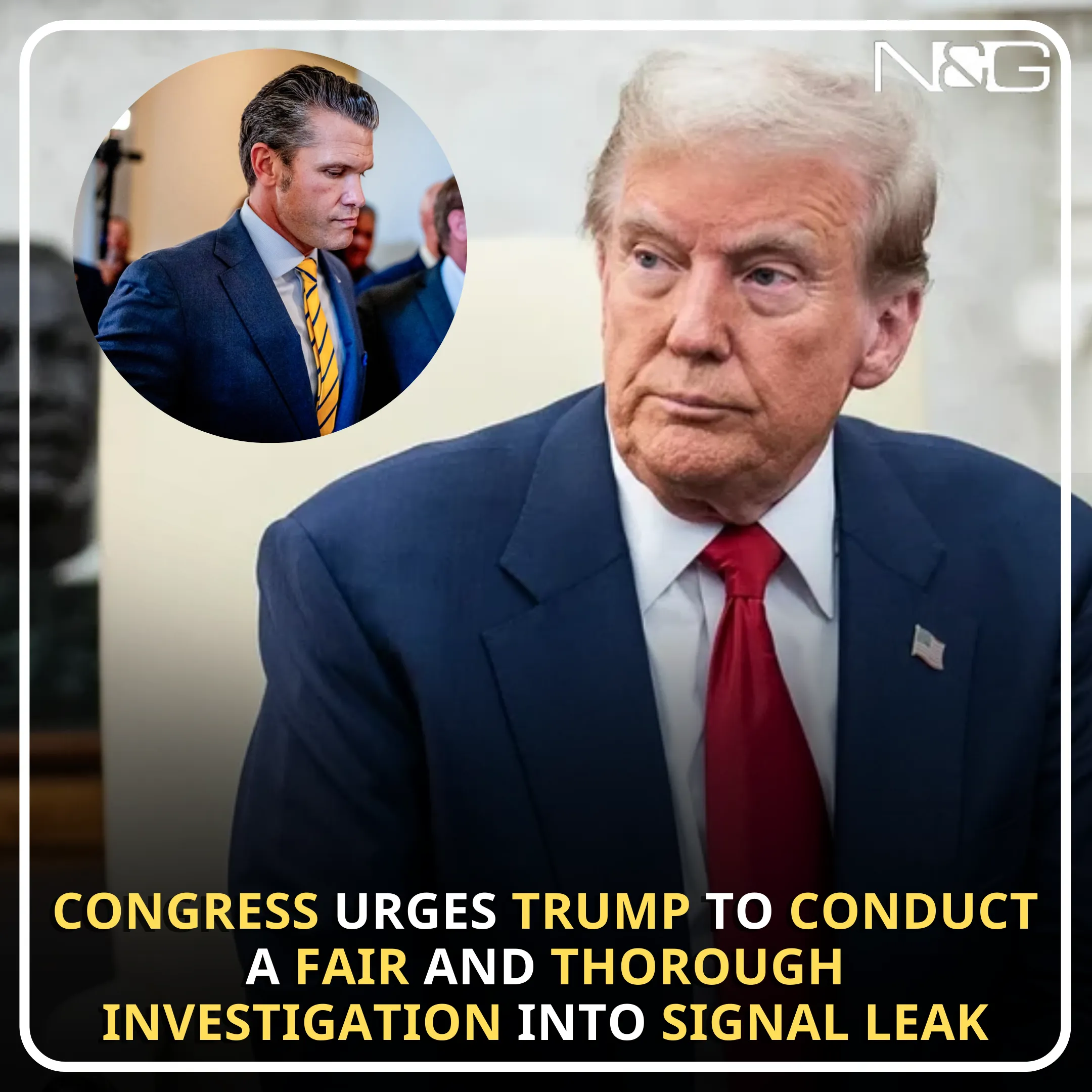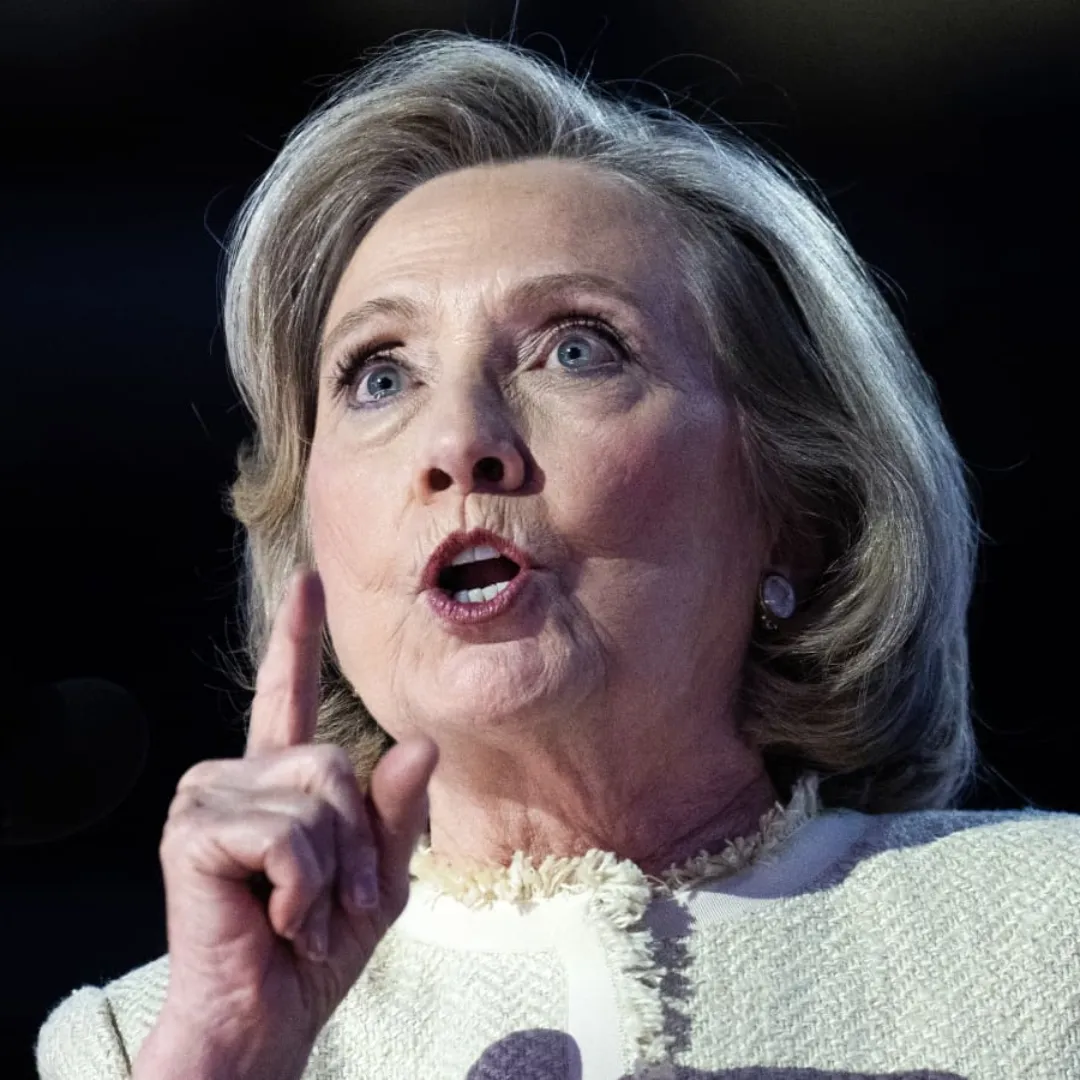
In a move that has sparked outrage and confusion in equal measure, President Donald Trump’s administration finds itself embroiled in yet another political firestorm. The controversy revolves around the revelation of a Signal group chat among top U.S. national security officials that discussed plans for military action against Houthi rebels in Yemen.
The scandal, first exposed by The Atlantic, has left the White House scrambling to defend itself, while political analysts and commentators, including the seasoned Fox News political analyst Brit Hume, are questioning the administration’s handling of the situation.
The Signal app chat included some of the most powerful figures in U.S. national security, including CIA Director John Ratcliffe and National Security Advisor Mike Waltz. But it was Defense Secretary Pete Hegseth’s involvement that drew particular attention.
According to the report, Hegseth shared highly sensitive information regarding the specifics of a recent U.S. attack on Houthi rebels in Yemen, a move that raises questions about classified information and national security protocols.
As is often the case in today’s hyper-political climate, the response to the scandal has been a lesson in missteps. Brit Hume, known for his keen eye on the inner workings of Washington, wasted little time in criticizing the administration for bungling the fallout.
Writing on the social media platform X, Hume outlined two cardinal rules for dealing with political scandals—rules that the Trump White House, in his view, has violated in spectacular fashion.
"One: Get the facts out as fast as possible and don’t be afraid to take responsibility. Two: Once rule one is taken care of, don’t feed the story," Hume posted. These are simple, direct guidelines for any administration facing the aftermath of a scandal.
Yet, as Hume pointed out, this administration has failed at the very first hurdle: the refusal to take responsibility and quickly clear up the facts.
Instead, the White House has become mired in a public dispute about whether the details of the bombing raids were, in fact, "war plans," and whether they should have been classified. This is where things start to get murky.
Hume, along with many others, has noted that this squabbling over technicalities has done nothing but extend the life of the story, giving it more oxygen than it ever should have received.
“The administration is making a mess of rule two by getting bogged down in a dispute over whether the details of Yemen bombing raids were a war plan and whether those details were, or should have been, classified,” Hume said. “All that has done is prolong the story.”
Indeed, rather than defusing the controversy with a quick and clear response, the administration has only fanned the flames. The next move in this debacle? A concerted effort to attack the reporter who, through no fault of his own, received the Signal conversation.
According to Hume, this misstep was yet another unforced error, as it inadvertently provided the reporter with further ammunition to extend the story.
“By attacking the reporter, all the administration did was give him a reason to release further details from the Signal chat, which appeared to contradict the administration’s claim that no 'war plans' were discussed,” Hume said. “That gave the story at least another day of life.”
In what could be described as an attempt to shift blame and divert attention from the matter at hand, President Trump has publicly waded into the controversy, providing his own brand of unscripted commentary. When asked about the Signal chat, Trump suggested he would ask Hegseth to review whether flight times of U.S. planes and drones involved in the attack should be classified.
The president, offering his usual brand of equivocation, responded, “Sure. I’ll ask him. Sure. I would.”
The president’s refusal to address the situation directly, instead offering vague assurances, only serves to prolong the story even further. The fact that Trump, when speaking about the incident, referred to Mike Waltz—who had accidentally added The Atlantic’s editor Jeffrey Goldberg to the chat—as the person who “claimed responsibility” for the leak, does little to quell the controversy.

“It was Mike, I guess. I don’t know. I was told it was Mike,” Trump said. “Mike—he took responsibility for it.”
In a rare moment of public contradiction, Defense Secretary Hegseth, who had been implicated in sharing sensitive details about the military operation, denied that any “war plans” were discussed in the Signal chat. Hegseth’s defense was promptly challenged by Hume, who pointed out that the administration had already confirmed the authenticity of the messages.
Hume’s quick rebuttal was a sign of just how fast the story was evolving, and how it continued to gain traction in the media.
“Oh for God’s sake, the administration has already confirmed the authenticity of the message,” Hume posted on social media. It’s a comment that underscores the growing frustration among critics of the administration, many of whom are now questioning whether the White House is intentionally dragging the issue out for political reasons.
The Atlantic report, which initially sparked the controversy, detailed the exchange within the Signal group chat, including sensitive information about the weapons used in the attack on the Houthis. The report sent shockwaves through Washington, as it appeared to reveal discrepancies in the official White House narrative, casting doubt on the administration’s version of events.
In response, the White House has steadfastly denied that any classified information was shared in the Signal chat, a claim that has done little to quell the media frenzy. It’s a line the administration continues to repeat, despite mounting evidence to the contrary.
The response from Trump, Hegseth, and Waltz has only contributed to the confusion, with each official offering a slightly different explanation or version of events.
As the story unfolds, one thing has become clear: the White House’s handling of the matter has been a textbook example of how not to deal with a scandal. Instead of getting ahead of the story, taking responsibility, and putting it to rest, the administration has allowed the controversy to linger, providing the media with more fodder for their coverage.
In the coming days, it seems likely that the saga will continue to unfold, with new revelations and conflicting statements further complicating the narrative. What is at stake, however, goes beyond the details of a single conversation in a Signal group chat.
This controversy is emblematic of the broader political climate in which the Trump administration operates—one where truth is often obscured by ambiguity, and where responding to a crisis can sometimes make the crisis worse.
:max_bytes(150000):strip_icc():focal(999x0:1001x2)/brit-hume-donald-trump-2000-47647e20225541bd92c740d40e7411fa.jpg)
For those watching from the sidelines, the question is no longer about the specifics of the Signal chat, but about whether the administration will ever learn the most basic rule of scandal management: handle the facts swiftly, and don’t let the story drag on. Because as Brit Hume so astutely pointed out, in the world of politics, the longer you let a story fester, the more damage it can do.



